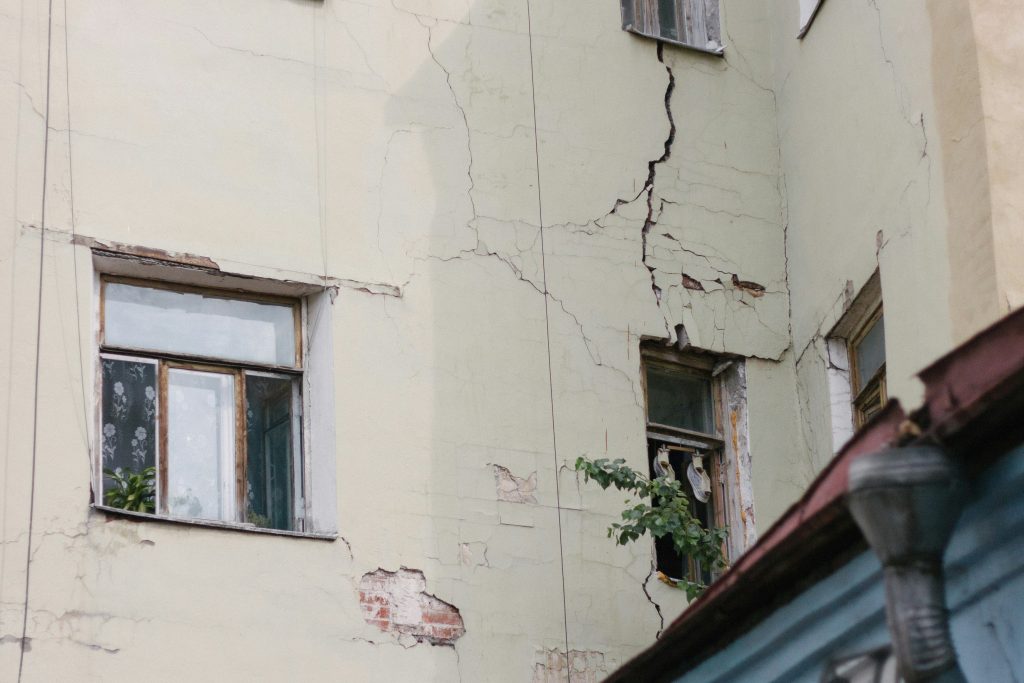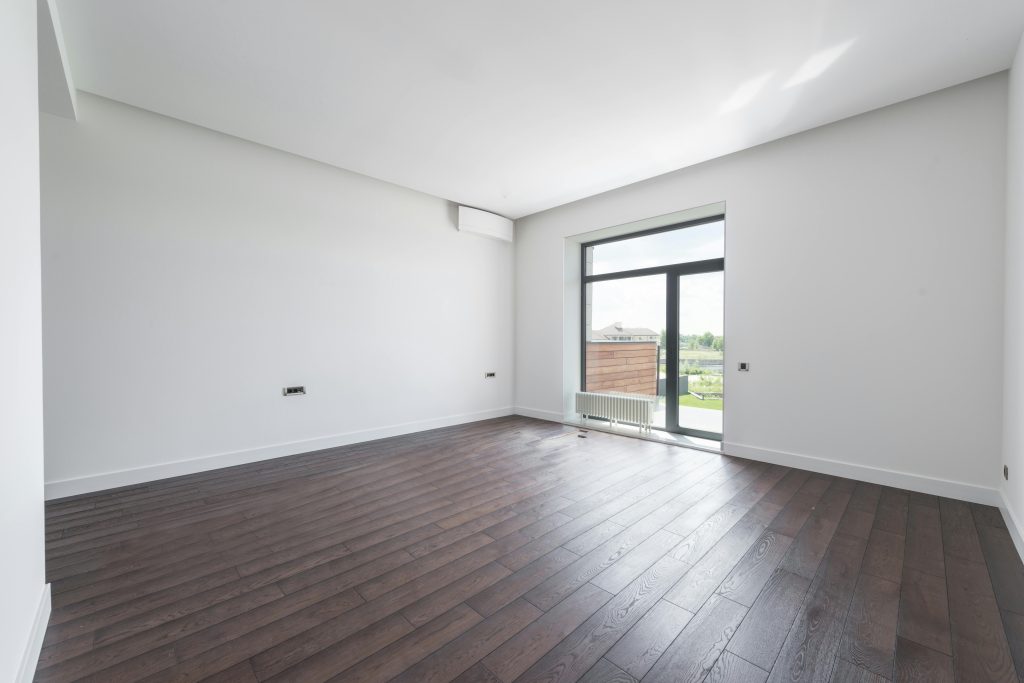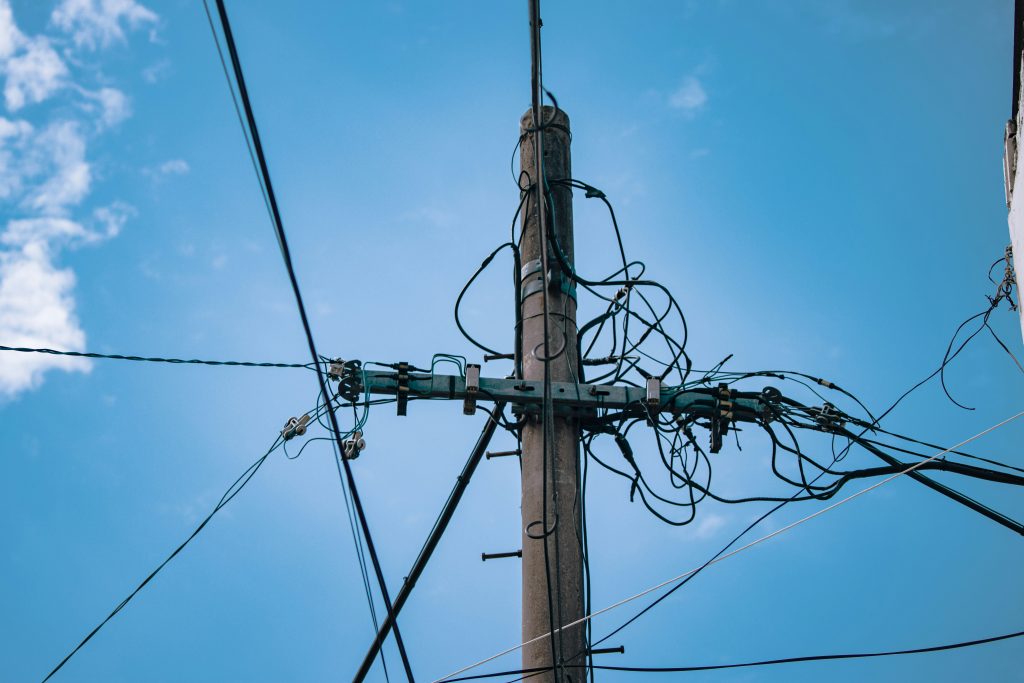Picture this. You’re enjoying a quiet Sunday morning when you notice an unpleasant smell wafting from your garden. Or perhaps you’ve spotted a suspiciously boggy patch of lawn that wasn’t there last month.
Maybe it’s worse – you’ve just received an official-looking letter from the Environment Agency that makes your heart sink.
If you’re one of the estimated 1.5 million UK homeowners whose property isn’t connected to the mains sewer, discovering a problem with your septic tank or sewage treatment plant is more than just an inconvenience.
It’s a costly, stressful nightmare that thousands of homeowners across the UK are facing right now.
Here’s the harsh reality: this isn’t a problem you can ignore or put off until next year. Thanks to regulations that came into force in 2020, many older drainage systems are now illegal. If your system doesn’t comply, you’re not just looking at a repair bill – you’re facing mandatory replacement, potential fines, and a ticking clock.
Understanding the Regulations: Why You Might Be Forced to Upgrade
Let’s cut straight to what’s changed and why it matters to you.
In January 2020, the Environment Agency’s new General Binding Rules fundamentally changed the game for septic tank owners. The headline rule that’s caught so many homeowners off guard? Septic tanks are no longer allowed to discharge directly into surface water.
What counts as surface water? Any river, stream, ditch, canal, or even a seasonal watercourse that only flows after heavy rain.
If your septic tank discharges into any of these, you are legally required to do one of the following:
- Replace it with a compliant sewage treatment plant.
- Install a proper drainage field (also known as a soakaway) system.
- Connect to the mains sewer (if one is available and viable).
And here’s where it gets serious. Non-compliance isn’t just frowned upon – it can lead to prosecution and fines of up to £50,000. The Environment Agency has enforcement officers actively investigating properties, particularly following complaints from neighbours or environmental groups.
Even if your system doesn’t discharge to surface water, you’re not necessarily in the clear. If your tank is damaged, leaking, or simply too old to function properly, you’ll still need to replace it to avoid environmental damage and potential legal action.
The True Cost of Replacement: It’s More Than Just a New Tank
Now for the part that makes most homeowners’ blood run cold: the actual costs involved.
When people think about replacing a septic tank, they often imagine it’s like replacing a boiler – expensive, yes, but manageable.
The reality? It’s more like having a small extension built, both in terms of cost and disruption.
Let’s break down the real numbers.
The Sewage Treatment Plant Unit
If you’re upgrading from a non-compliant septic tank, a modern sewage treatment plant is your most likely solution.
Cost: £3,000 – £7,000+
The price depends on the size needed (based on your property’s number of bedrooms, not actual occupancy) and the quality of the unit.
For a typical 3-4 bedroom house, expect to pay around £4,500 for a decent mid-range unit.
New Septic Tank & Drainage Field
If you’re lucky enough to have suitable land for a drainage field, you might opt for a new septic tank with a proper soakaway.
Tank Cost: £2,500 – £5,000 Drainage Field: £3,000 – £8,000
The drainage field cost varies enormously based on your soil type and available space. Clay soil or a high water table can make this option impossible or prohibitively expensive.
Installation & Groundworks (The Biggest Shock)
Here’s where most quotes make homeowners gasp. The installation often costs more than the equipment itself.
Cost: £7,000 – £15,000+
Why so much?
A septic tank is a concrete room buried deep in the ground. Getting it out and a new one in is no easy feat. Only a machine can lift a septic tank.
Consider what’s involved:
- Heavy machinery hire (diggers, dumpers).
- Skilled groundworkers for several days or even weeks.
- New pipework throughout.
- Dealing with whatever surprises lurk underground – rock, old foundations, utility pipes.
- Proper backfilling and compaction.
If your property has poor access, like narrow lanes or a small garden, you can add another £2,000-£3,000 for specialist mini-diggers and more manual digging.
The ‘Hidden’ Costs Nobody Mentions
But wait, we’re not done yet. Your installer’s quote probably doesn’t include these extras:
Decommissioning the Old Tank: Your old tank must be properly emptied, cleaned, and either removed or filled with concrete. Cost: £500 – £1,500
Percolation Test: Before installing a drainage field, you’re legally required to have a professional test the soil’s drainage rate. Cost: £300 – £600
Electrical Connection: Modern sewage treatment plants need power. If you don’t have an outdoor supply nearby, you’ll need an electrician too. Cost: £400 – £1,000+
Planning Permission or Building Regulations: While not always required, some installations need official approval. Cost: £200 – £500
Landscaping: After your garden has been excavated, you’ll want it restored. New turf, replanting, and pathway repairs all add up. Cost: £1,000 – £3,000+
The Bottom Line
Add it all up, and homeowners typically face a total bill of £12,000 to £25,000+ to resolve a septic tank issue.
For many properties with difficult access or challenging ground conditions, £30,000 isn’t unheard of.
That’s a new car. A dream holiday. Years of mortgage payments. All disappearing into a hole in the ground – quite literally.
The Hassle Factor: More Than Just a Financial Drain
The cost is painful enough, but it’s not even the whole story.
Your garden becomes a building site for weeks. We’re talking about serious excavation – trenches several metres deep, piles of soil everywhere, heavy machinery churning up your lawn.
If it rains (and this is Britain, so it will), you’re looking at a mud bath that would make Glastonbury jealous.
Then there’s the project management nightmare. You need to:
- Get multiple quotes (each requiring a site visit).
- Check installers’ credentials and insurance.
- Coordinate between different contractors.
- Arrange building control inspections.
- Deal with any nasty surprises during excavation.
The uncertainty is perhaps the worst part. That £15,000 quote? It might become £20,000 when they discover bedrock where they planned to dig. Or other buried services.
From first discovering the problem to having a working system again, you’re looking at 3-6 months. That’s months of stress, worry, and watching your savings evaporate.
The Alternative: Sell Your Property, Problem and All
What if you could bypass the cost, the stress, and the disruption entirely?
Here’s something most homeowners don’t realise: instead of spending tens of thousands fixing a septic tank problem, you could simply sell the house as-is and walk away. No repairs. No hassle. No enormous bill.
Now, I know what you’re thinking. “Who’s going to buy a house with a failed septic tank? It must be unsellable.”
That’s exactly what most people assume. And if you’re thinking about the traditional route with estate agents and mortgage buyers, you’re partly right.
A septic tank issue on the open market is like kryptonite to conventional buyers. They’ll either run a mile or demand a price reduction of £30,000-£40,000, far more than the actual replacement cost. Why? Because mortgage lenders get nervous, surveyors write scary reports, and buyers smell blood in the water.
Most buyers want a turn-key home. They don’t want an excavation project. So, many sellers will run as soon as the RICs survey results hit their inbox.
But here’s the thing: the traditional market isn’t your only option.
Why a Guaranteed Cash Sale is the Ideal Solution
At Property Rescue, we specialise in buying properties with problems. A failed or non-compliant septic tank is exactly the kind of project we like to handle, so you don’t have to.
In other words, instead of you fixing the problem, you can sell directly to us. We love properties with big problems.
Let me be crystal clear about what this means for you.
You Avoid All Replacement Costs
That £12,000 to £25,000+ you were about to spend on replacement? Keep it. Every penny. We buy your property with the septic tank problem included. It becomes our problem to solve, not yours.
Zero Fees (Yes, Really)
When you sell through an estate agent, you’re looking at 1-2% commission, plus VAT. On a £300,000 house, that’s up to £7,200 gone. Then there are the photography fees, EPC costs, and legal fees.
With Property Rescue? We pay all your fees. No estate agent commission because there’s no estate agent. We even cover your legal costs. The price we offer is the amount you receive.
Speed and Certainty
The traditional selling process with a property problem is a long and winding road.
Our process is different. We can provide you with a guaranteed cash offer within hours. Not weeks. Hours.
Once you accept, we can complete the purchase in as little as 7 days if you need to move quickly. More typically, we complete in 28 days.
But here’s the crucial bit: we work to YOUR timeline.
Need to stay for two months while you find somewhere else? No problem. The completion date is entirely your choice.
Simplicity
Think about everything involved in fixing a septic tank: multiple contractors, quotes, project management, inspections, months of disruption.
Now consider our alternative: one phone call, a fair cash offer, and a completion date that suits you.
That’s it. That’s the entire process.
No viewings. No estate agent pestering you to drop the price. No buyers making insulting offers. No chain to worry about. No one abandoning the deal halfway through.
Just certainty.
We Buy Any Property, in Any Condition
This isn’t just marketing speak.
We genuinely buy properties that others won’t touch:
- Properties with structural problems.
- Homes with Japanese knotweed.
- Properties with short leases.
- Fire-damaged properties.
- And yes, properties with failed septic tanks.
We are cash buyers. We don’t need mortgage approval and we don’t get scared off by surveyor reports. We see the value in your property that others miss.
Making the Right Decision for You
Look, I’m not saying selling is right for everyone.
If you’re deeply attached to your property and have the funds readily available, fixing the septic tank might make sense.
But if any of these apply to you, then exploring a cash sale could be your best option:
- The replacement cost would wipe out your savings.
- You’re already thinking about downsizing or relocating.
- You can’t face months of disruption and stress or seeing your beautiful garden get torn up.
- You’re worried about a sale falling through on the open market.
- You need certainty and speed.
Remember, this isn’t about giving up. It’s about making a smart financial decision. Instead of pouring £20,000+ into a property problem, you could walk away and use that money for your next move.
The Bottom Line: You Have Options
The discovery of a septic tank problem doesn’t have to be a financial disaster. Yes, replacement is expensive – we’ve established it could easily cost you £12,000 to £25,000 or more. Yes, it’s disruptive, stressful, and time-consuming.
But you don’t have to go through any of that.
In as little as 48 hours, you could have a guaranteed cash offer for your property, septic tank problem and all. No repairs needed. No fees to pay. No months of uncertainty.
The choice is yours: spend tens of thousands on a problem that’s literally underground, or sell your house fast and walk away with cash in hand, letting us handle it.
Take Action Today
Don’t let a septic tank problem drain your finances and peace of mind. You’ve got enough on your plate without managing a major construction project in your garden.
Discover how much we could offer for your property today. It takes less than 60 seconds to get started, and there’s absolutely no obligation. We’ll give you a fair cash offer, and you can decide if it’s right for you.
Ready to solve your septic tank problem the easy way? Click here to get your free, no-obligation cash offer from Property Rescue today!
Because life’s too short to spend it worrying about that kind of crap (literally)









